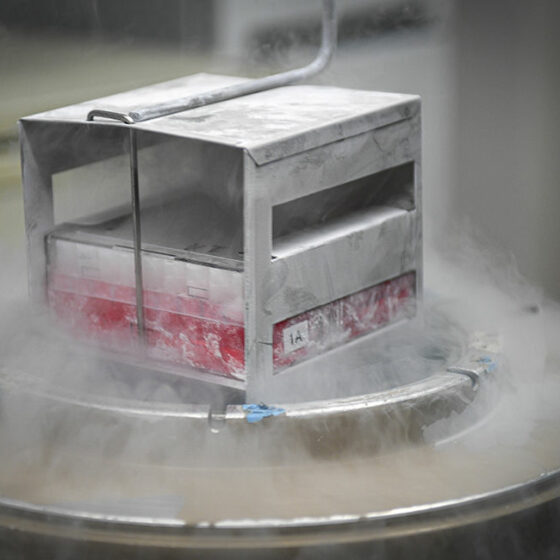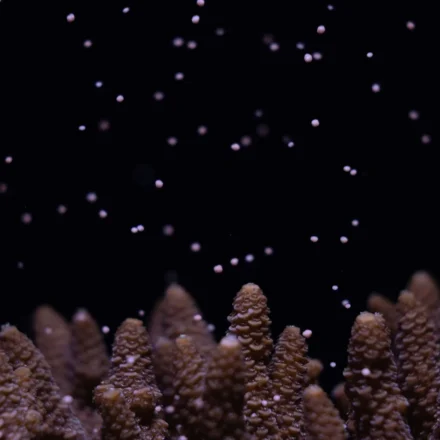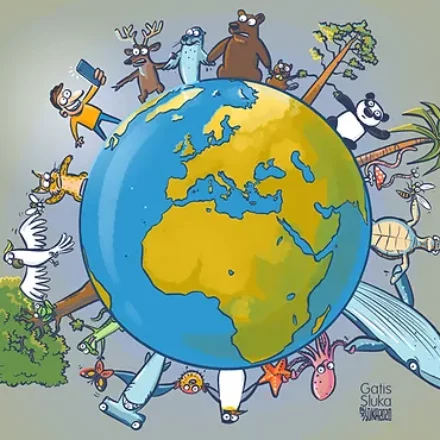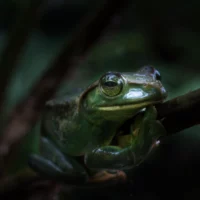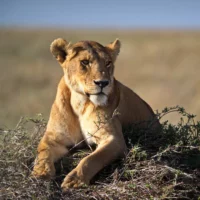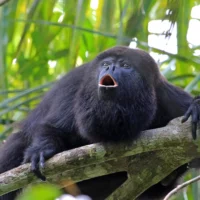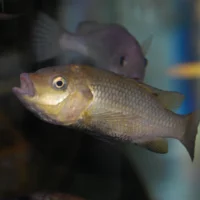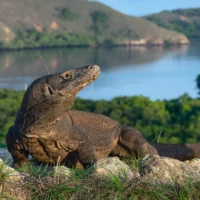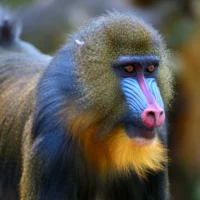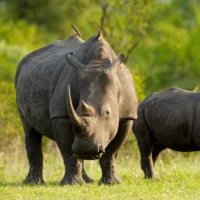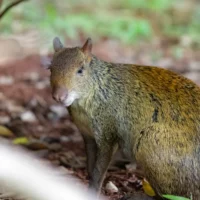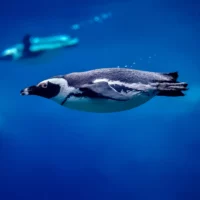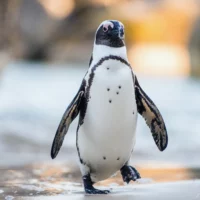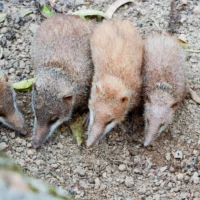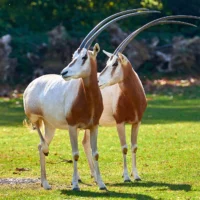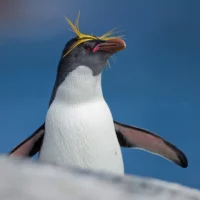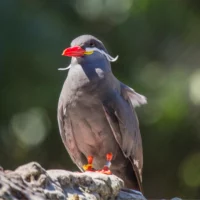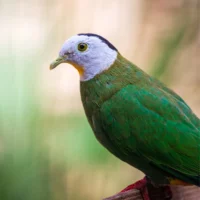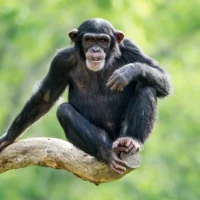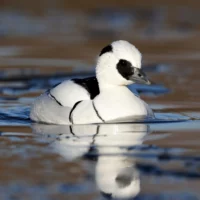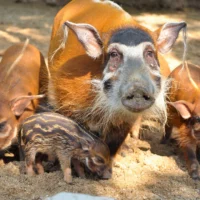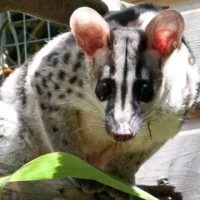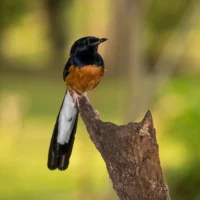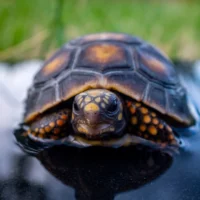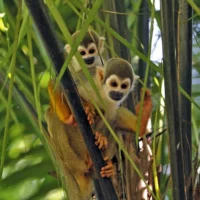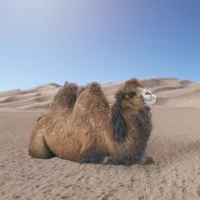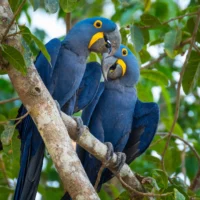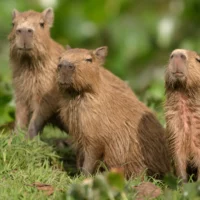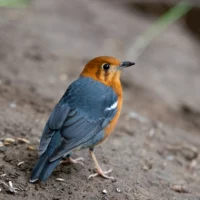Nature’s SAFE are excited to announce that our co-founder and charity coordinator Dr Rhiannon Bolton has successfully published a new paper reviewing assisted reproductive technologies and biobanking. Alongside other members of the Nature’s SAFE team, including; Dr Sue Walker (vice chair and fellow co-founder), trustee Matt Pettit, scientific advisors Lucy Morgan and James Gillis, Chester Zoo veterinarian Gabby Drake, Andrew Mooney from Dublin Zoo, as well as several other authors, they have published a paper entitled “Resurrecting biodiversity: advanced assisted reproductive technologies and biobanking” in the Journal of Reproduction and Fertility (volume 3, issue 3, published online 26 Jul 2022). This paper looks into how cryopreservation techniques and biobanking can help preserve the world’s natural biodiversity, restore genetic diversity and help save animal populations for the future.
The term biodiversity relates to the variety of living organisms found within a given area and maintaining biodiversity is essential for the health of Earth’s ecosystems. As such, biodiversity and its preservation or loss can actually have an impact on the health of human populations too. However, human activities are currently causing a mass extinction event, the 6th of its kind in the history of our planet, with the U.N. Convention on Biological Diversity estimating that up to 150 animal, plant and microorganism species go extinct each and every day, a rate 1000 – 10,000 times greater than expected. Also, as the numbers within an animal population dwindle, the amount of genetic diversity within the population declines, leading to inbreeding and health problems. For these reasons, we need to be doing everything we can to slow this rate of biodiversity loss, both in the wild habitats where these species live and in captive breeding and research projects.
In the review paper the authors outline the current methods available for cryopreservation, where animal tissues and cells are stored at ultra-low temperatures (for example at Nature’s SAFE we store our samples in liquid nitrogen at -196°C), in a manner that keeps them alive, so that they can be thawed out in the future and potentially used in assisted reproductive technologies. These efforts could lead to the birth of new offspring within an endangered species, which would bolster declining population numbers, reintroduce lost genetic diversity, boosting the overall health of the population and improving its long-term survival. These reintroduced individuals could also help reverse lost biodiversity and improve the health of ecosystems overall, benefitting not only wild species but human populations also.
